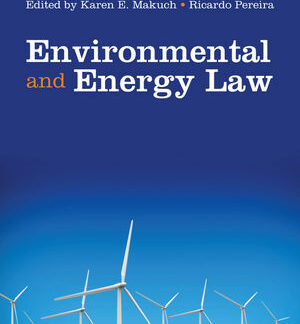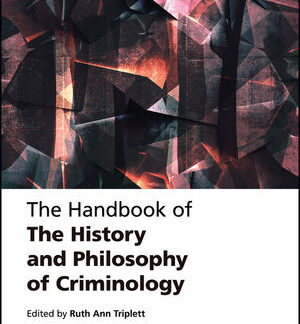Description
Wills, Trusts, and Estates 11th Edition by Robert H. Sitkoff, ISBN-13: 978-1543824469
[PDF eBook eTextbook]
- Publisher: Wolters Kluwer; 11th edition (November 16, 2021)
- Language: English
- 1072 pages
- ISBN-10: 1543824463
- ISBN-13: 978-1543824469
Widely hailed as one of the best casebooks in legal education, this comprehensive text combines interesting cases, thoughtful analysis, notes, images, and a clear organization for an excellent teaching tool. Cartoons, illustrations, case documents, and photographs provide engaging visual commentary. Sidebars on relevant persons, places, and things provide interesting and sometimes humorous context. A comprehensive Teacher’s Manual provides a complete teaching summary of all materials in the book, and comprehensive PowerPoint slides provide helpful structure for classroom organization.
New to the Eleventh Edition:
- New section on will execution during the COVID-19 pandemic, with attention to reconciling “presence” with social distancing
- Updated and completely revised section on electronic or digital wills, with attention to the latest cases and statutes
- Updated to account for the 2021 and 2019 revisions to the Uniform Probate Code that, among other things, eliminated gender-based distinctions and expanded recognition of non-biological parent-child relationships
- Updated coverage of wealth and income inequality and new material on recent proposals for a wealth tax
- Updated and completely revised section on trust decanting, with attention to the latest statutory and case law developments
- Updated and completely revised section on asset protection trusts, with attention to key choice-of-law and fraudulent transfer principles
Professors and students will benefit from:
- Unique blend of wit, erudition, insight, and playfulness retained from the late Jesse Dukeminier
- Organization that covers all the key topics in a logical and clear format
- Interesting cases that are not only fun to read, but fun to teach
- Cases enhanced and connected to broader legal principles by well-written connective text, notes, questions, problems, and sidebars
- Arresting two-color design
- Cartoons, illustrations, wills and other case documents, and photographs that provide visual commentary and teaching aids
What makes us different?
• Instant Download
• Always Competitive Pricing
• 100% Privacy
• FREE Sample Available
• 24-7 LIVE Customer Support




